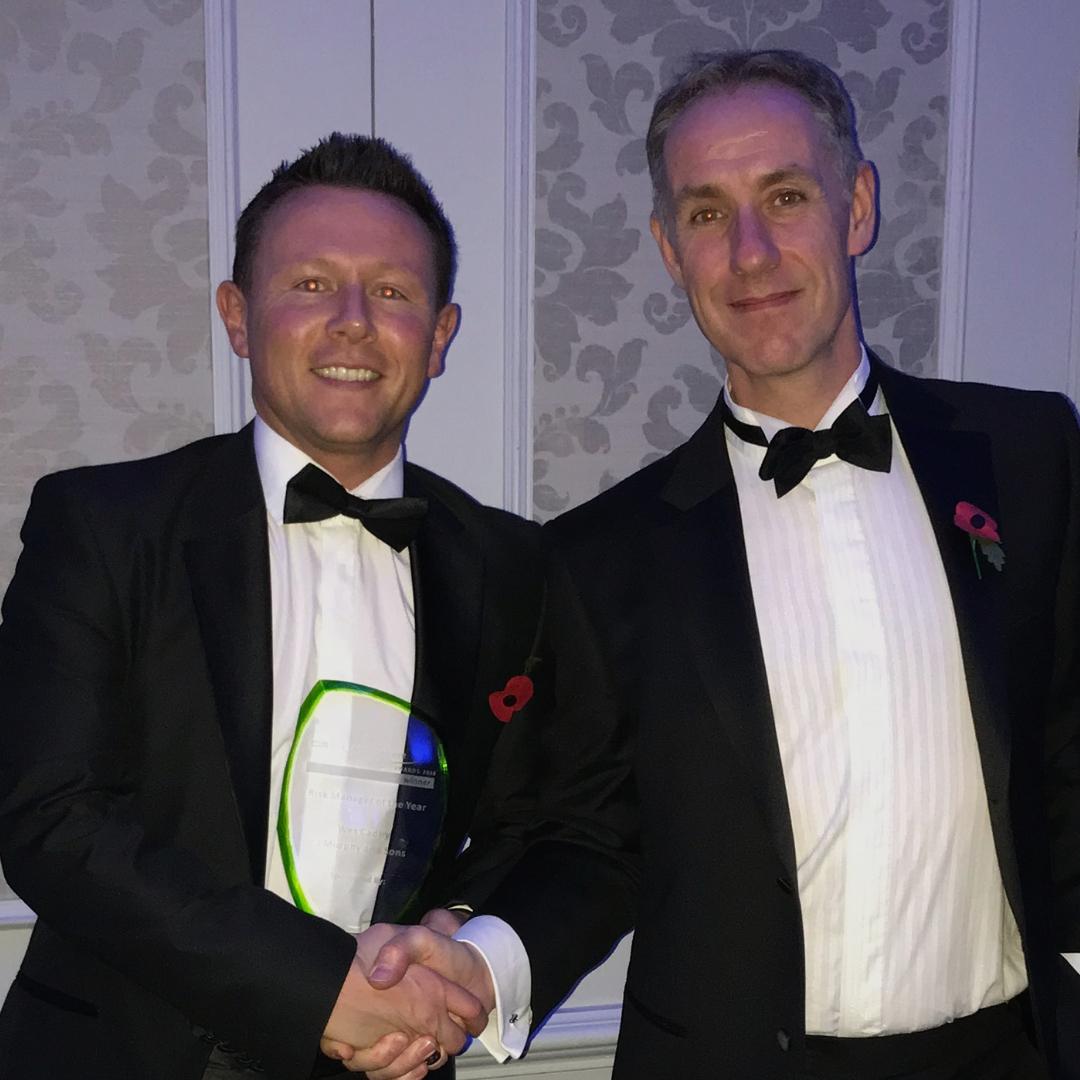Claire Darlington, GradIRM: Project Risk & Value Manager, Network Rail
Claire Darlington, GradIRM
Project Risk & Value Manager
Network Rail
How did you get your job?
Between 2001 and 2008, I had been working within a finance function in Balfour Beatty Utilities and studying for AAT and CIMA.
In March 2008, I took a week study leave to sit the final TOPCIMA paper and on my first day back I was told that the Insurance Manager was looking for me. There had been a reorganisation and the business was looking for a new Risk Manager. Having spent seven years training to be an accountant, I wasn’t sure; however I was offered two weeks to look at the job in detail. If I liked it and wanted it, then great; if not, then I could go back to my existing role - how could I say no? I liked it, wanted it and stayed in the role for five years.
In 2013 I left the utility sector and moved to Parsons Brinkerhoff (another part of BB) as a consultant project risk manager working for TfGM on the Manchester Metrolink and in 2014 moved to the Infrastructure Projects division of Network Rail.
What’s a typical day like as a Project Risk & Value Manager?
There is no typical day at the moment. There are a large number of projects at various stages of development and delivery that require risk management support; this comes with a number of routine activities such as risk workshops, analysis and reporting. At the same time the business is rolling out an enterprise risk management programme whereas historically risk management has been focussed on project delivery. This is a big change and the breadth of activities, projects, processes and people with whom we need to engage provides a varied work load, plenty to keep us busy and lots of scope for creativity and innovation.
What do you enjoy most about your job?
I love the challenge, whether the challenge is transition to a different industry and all that goes with it, developing risk management processes and tools, integrating risk management with other processes, working with people from across Network Rail and members of the supply chain, and developing the skills and knowledge of colleagues across the business.
Risk management isn’t a discipline that is limited by industry / sector / department or project but cuts across all parts of every business. This provides a huge variety of challenges and opportunities.
What are the challenges?
The breadth of people and teams with who we need to work means that not everyone will be at the same level of risk management understanding and maturity of approach. Across the construction industry we still see elements of a box-tick understanding rather than an understanding of risk management as an integral business and project management tool. Implementing new and changes processes is like a sales pitch; we need to understand the needs of the target market and tailor the pitch to them.
The integration of risk into project and business management thinking and processes is critical to its success. Risk doesn’t work well in isolation and neither will a risk manager. You have to make yourself known and get to known others; be interested and create an interest and engagement with other people and organisations before you can hope to make a difference. Being able to see the golden threads between functions, processes, ideas and problems is a key part to identifying the opportunities to make a positive difference.
In what way is your IRM qualification relevant?
The IRM qualification provided a course of study that is very broad in content i.e. you don’t need to be (and won’t become) a specialist in a particular type of risk analysis, but it provides a broad and solid awareness, and understanding of governance, risk and control. The syllabus for the IRM qualifications assists the sales pitch greatly, and provides additional tools as a practitioner.
What would you say to others thinking about joining IRM as a member?
Absolutely do it.
It isn’t just about the letters after your name, but the resources, events and people that you are given access to.
Many CPD events can be as dull as dishwater, but the IRM events I’ve been to have been engaging, thought-provoking and allow the breaking down of industry sector barriers as you listen to and see approaches from one area and how they can be applied to another. Also, it’s interesting to see that we all face similar people and process-related hurdles.
Membership to the IRM allows you to experience the size and variety of the risk management community, and see that risk management is an exciting and developing career option.
How has your role developed and what are your career ambitions? Has being linked to the IRM helped?
From 2008 to date, I have moved from finance, to a corporate risk role, to a consultant Project Risk Manager to my current role as Risk and Value Manager for Network Rail. The IRM membership, qualifications and award help to demonstrate a commitment to the profession and allow a broader perspective when engaging with others, or thinking around a problem.
Top Tips
Few risk management people I have worked with or spoken to started out with a desire to work in risk. In fact many (like me) fell into the role as the opportunity presented itself. This is great as it means our risk community has members from the variety of backgrounds and specialisms. Don’t see your background be a barrier but as a USP and look for how your experience and knowledge can add to the existing risk management capability in the business. The market is hot for project risk managers in the UK and the opportunities are there for the taking.
Once you’re in the position:
- Be a business person first. Understand the diverse challenges that the business and its people face and put that at the heart of what you do.
- Be bold and creative. Don’t be afraid to make suggestions and be creative, risk management needs innovation too, looking to other industries and sectors isn’t cheating. Don’t make it solely about producing a risk register; this is won’t be enjoyable for you or the business.
- Listen and understand. Remember to listen to the people you will affect and recognise that they may have a large scope of responsibility, you want to make this easy, not over complicate things and increase bureaucracy.
- Add value. Risk management processes that only create a risk register are a box-tick, and a risk report is not the final output. What do we do with the information that adds to the body of business knowledge that informs its management?
- Integrate process. The more you can integrate risk management into the other stuff, the less it will be seen as a box tick / something to do; it will become a natural part of management.
- Integrate information to tell a forward looking story. A large proportion of business information is retrospective. How do we help to address this and take the risk management outputs and weave them together with other process and reporting outputs to tell a story and answer the “so what?”






